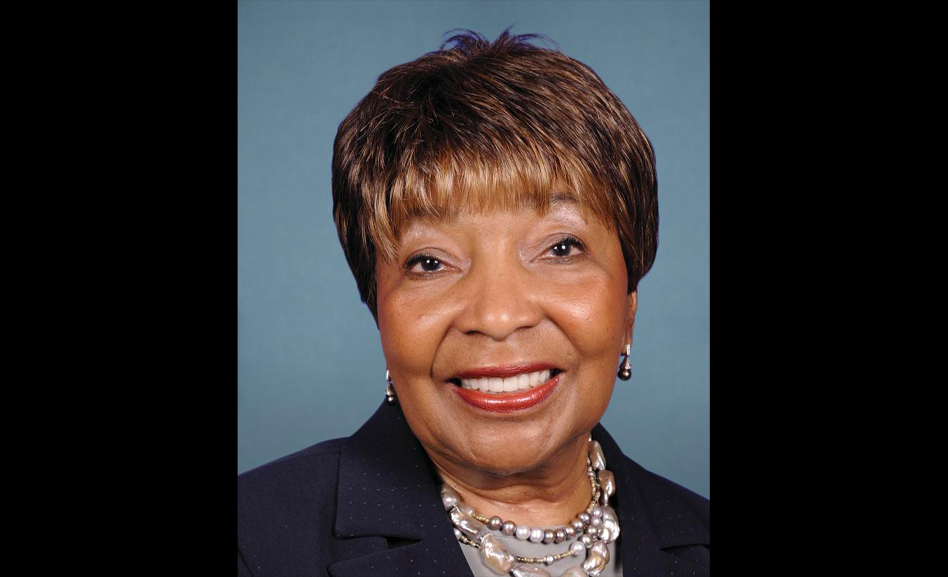
Congresswoman Eddie Bernice Johnson
Donald Trump today (Tuesday, June 16) signed an executive order enacting what CNN.com called “modest reforms” in response to the continuing protests and outcry in the wake of the May 25 death of George Floyd at the hands of then-Minneapolis police officer Derek Chauvin.
The executive order addressing police brutality started out by praising law enforcement officers that “place their lives at risk every day” to protect each American’s “inalienable rights to life and liberty.” It then goes on to note that “Unfortunately, there have been instances in which some officers have misused their authority, challenging the trust of the American people, with tragic consequences for individual victims, their communities, and our nation.”
In terms of actually reforming policing practices, the order calls for state and local law enforcement agencies to “constantly assess and improve their practices and policies,” to obtain credentialing through independent credentialing bodies.
In a direct nod to George Floyd’s death — who was basically choked to death by Chauvin kneeling with his full weight on Floyd’s neck for eight minutes and 46 seconds as Floyd begged for his life — the executive order also prohibits the use of chokeholds, “except in those situations where the use of deadly force is allowed by law.” It also mandates the creation of a database to coordinate sharing of information between federal, state, local, tribal and territorial law enforcement agencies on the us of excessive force by law enforcement officers. The database will include tracking of terminations, de-certifications and convictions of and civil judgments against officers in excessive force cases. The database will also include information on instances where an officer accused in an excessive force complaint is allowed to resign or retire while under investigation.
Other sections of the order address training officers to work with those who have mental health issues, prioritizing budget resources and more.
For many, Trump’s order was far too little and far too late.
Congresswoman Eddie Bernice Johnson, the Dallas-based Democrat representing Texas’ 30th Congressional District, took Trump to task for not calling for “real reform.”
In a statement released Tuesday evening, Johnson said:
“This country is in a moral crisis and President Trump’s executive order is a passive and largely symbolic approach to real change, and insults black and brown people who are suffering racial injustices and police brutality.
“Law enforcement in this nation needs immediate reform, and that is exactly what the Congressional Black Caucus has presented in the Justice in Policing Act of 2020,?” Johnson continued. “This legislation is designed to curb police brutality and end racial profiling and court-created doctrines of qualified immunity for law enforcement. Holding police accountable, increasing transparency and strengthening relationships between law enforcement and the communities they serve is the only way to bring about change.”
She concluded, “The Congressional Black Caucus is committed to taking the necessary steps toward real reform; we urge the President and the Republicans to join us.”
In a speech this afternoon in the White House Rose Garden about the executive order, Trump started out by sticking to the written remarks on his teleprompter. He quickly devolved, however, into a rambling campaign rally rant in which he attacked his political rivals, blustered on about “law and order” and applauded an AIDS cure which doesn’t exist. He also boasted about recent a stock market rally and retail sales gains, claimed that the COVID-19 epidemic is waning (it isn’t waning in the least), and wound up by seeming to allude to ongoing controversy over Confederate war monuments: “We must build upon our heritage, not tear it down,” he said.
Although Trump said he had met with the families of Ahmaud Abery, Botham Jean, Antwon Rose, Jemel Robertson, Atatiana Jefferson, Michael Dean, Darius Tarver, Cameron Lamb and Everett Palmer, it was representatives of law enforcement and police unions that made up his audience for the Rose Garden speech.

